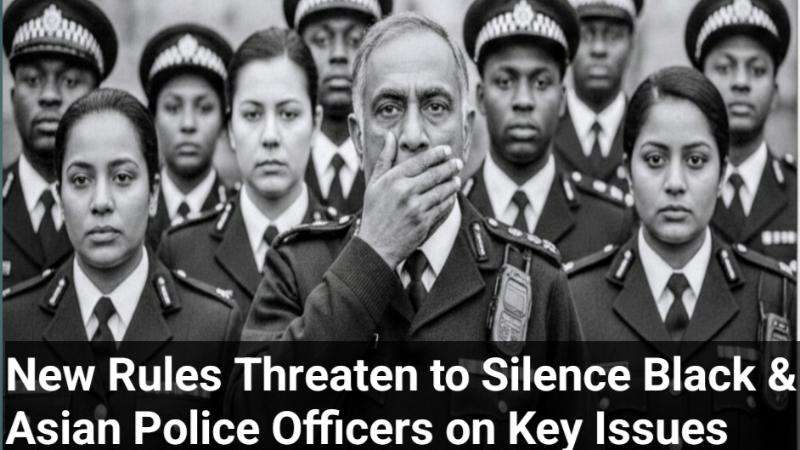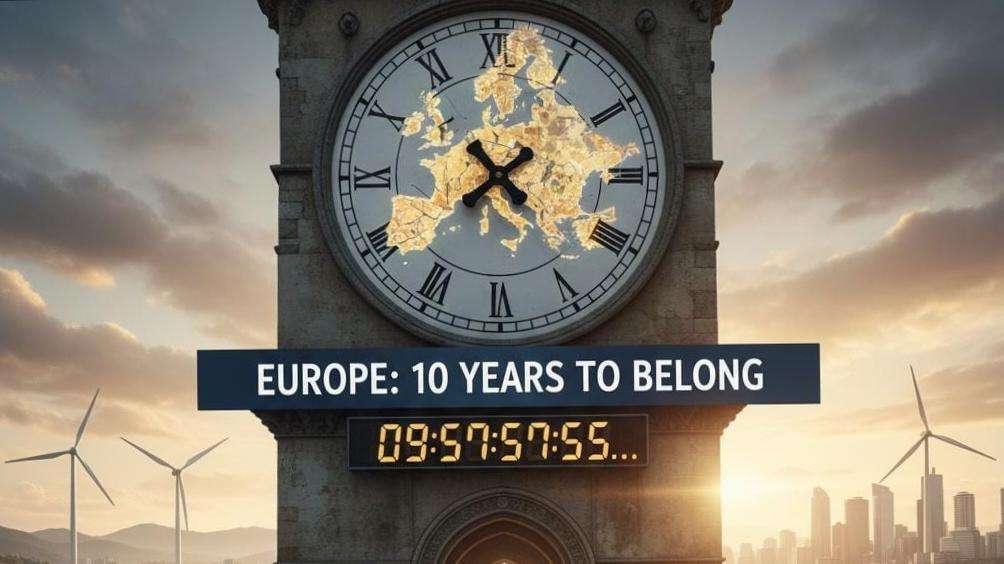The Work and Pensions Secretary is creating measures that require young unemployed people to enroll in training or risk having their benefits reduced.
In order to improve possibilities for adults between the ages of 18 and 21, Liz Kendall has pledged to implement a "Youth Guarantee."
All unemployed members of this group will receive assistance from local authorities in order to find work or further their education.
But The Times reported that Ms Kendall “will not allow” young adults not to be in some form of education, employment, or training, and will strip benefits from those who do not take up offers of support.
A government source told the newspaper that the proposals would usher in “the biggest reforms to employment support in a generation”. The source said: “Conditionality is a fundamental principle of the social security system and has always existed. That’s not going to change.”
The Prime Minister’s official deputy spokesman downplayed suggestions the policy could punish care leavers who could be left without any income if stripped of their benefits.
“Our focus is on making sure we get people into work and that should be a priority,” the spokesman said. “We will approach this in a balanced way and no doubt the department in preparing this will be alive to these issues. The priority is ensuring that we have a system in place that is tackling inactivity.”
Some 874,000 young people are Not in Education, Employment or Training (Neet), according to the Office for National Statistics (ONS). The figures represent a rise of almost 75,000 on the previous year, while 41,000 more people aged 18 to 21 are now unemployed than before the pandemic.
Before the general election, Labour promised to introduce “a new Youth Guarantee which will make sure young people are either earning or learning”.
The party said it stood ready to take “the tough action necessary” to boost the career prospects of young people.
The Youth Guarantee scheme will place an added emphasis on giving power to councils and mayors, shifting power away from Whitehall to deliver joined-up plans.
These will bring together work, health and skills resources to tackle economic inactivity, which the Department for Work and Pensions (DWP) has made one of its top priorities.
Britain’s welfare bill has soared in recent years amid a surge in claims for mental health conditions, meaning one in 10 adults of working age are now on sickness benefits.
Sharp rise in young unemployed
Liz McKeown, the director of economic statistics at the ONS, warned earlier this year there had been a particularly sharp rise in young people staying away from the job market. Ms McKeown noted 16- to 24-year-olds were the exception to a wider overall trend of rising employment.
More than 2.5 million people who are currently in education have said their studies are the reason they are not looking for a job following a sharp rise in the number of university students.
Last week, Ms Kendall said jobless people should not be called “economically inactive” because it dehumanises them.
When pressed by the Work and Pensions Committee about what her upcoming White Paper would involve, she said: “I think this is the biggest employment challenge we face, although we’ve seen some changes in the latest stats, unemployment – official unemployment – is still low by historic standards.
“But we have seen this really worrying increase in the number of people who are what’s termed economically inactive. In a way, it’s a terrible phrase, because this is (sic) real human beings.”








.svg)


